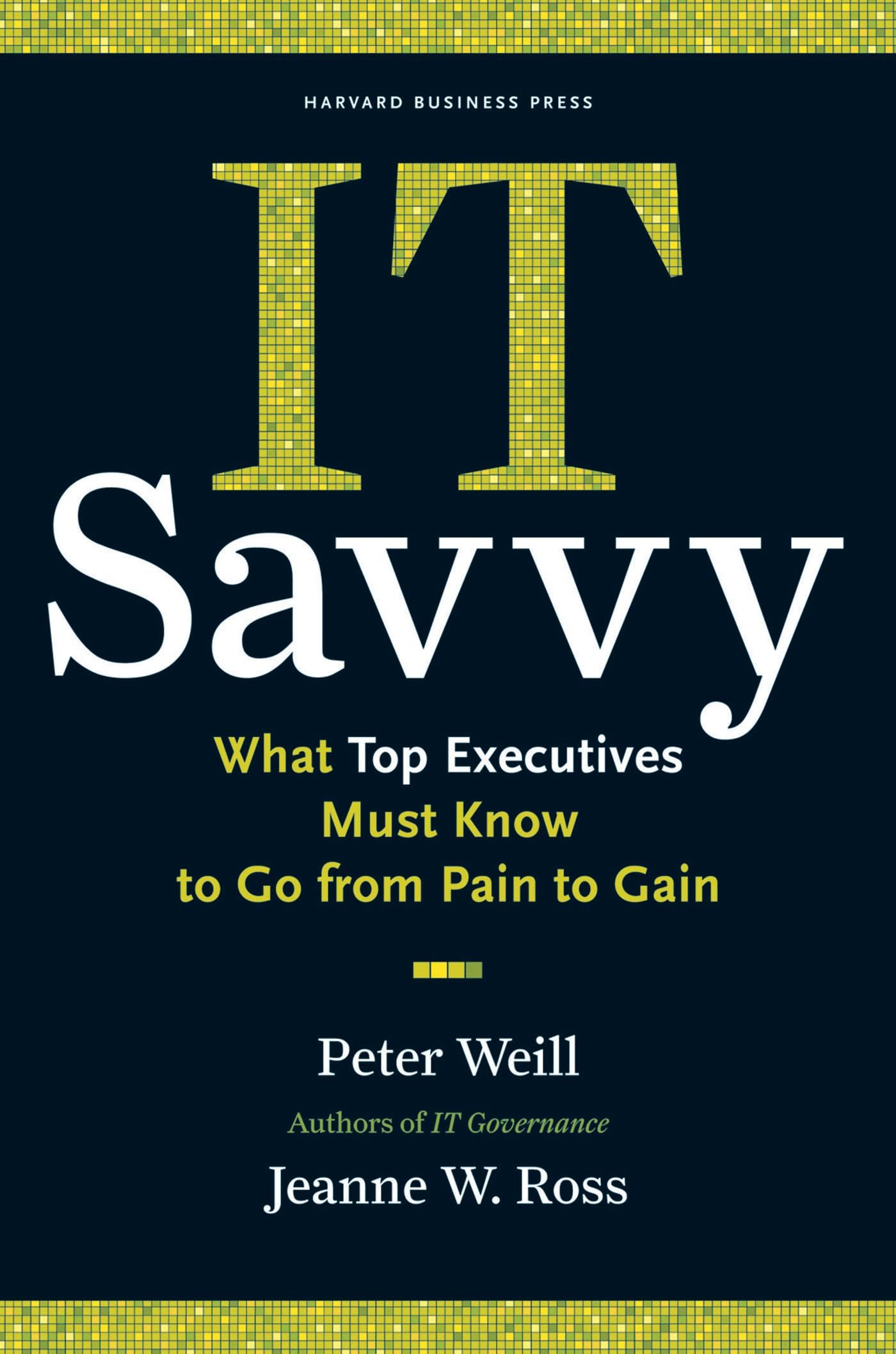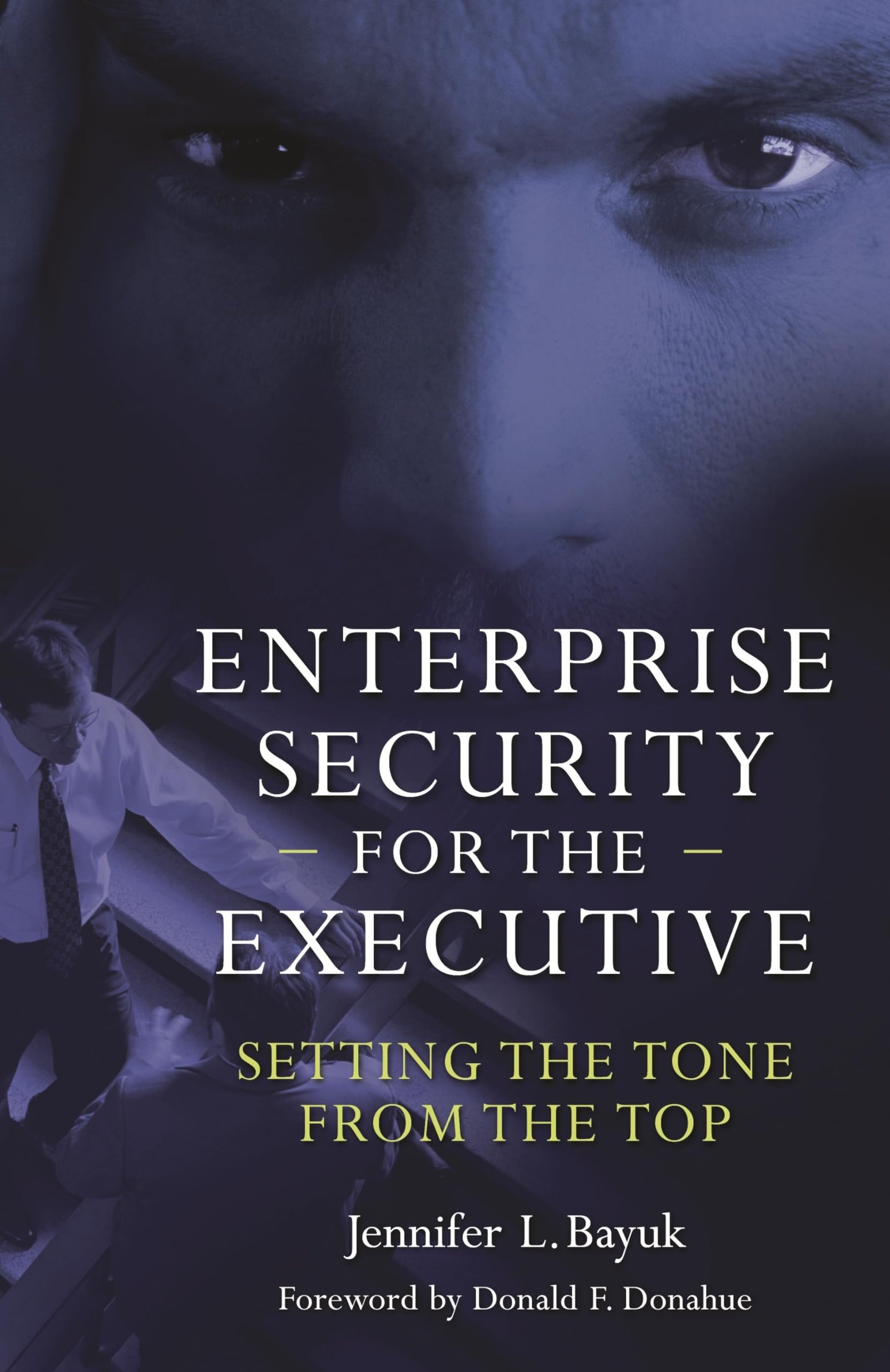In today’s fast-paced business world, strong communication skills are essential.
As an executive, you often need to express ideas clearly and persuasively.
This is where mastering Business English becomes crucial.
Business English books can help improve your language skills for meetings, negotiations, and presentations.
They provide practical vocabulary and phrases that can enhance your professional interactions.
When looking for a Business English book, consider factors like relevance to your field, the author’s expertise, and how practical the exercises are.
Some books focus on grammar and writing, while others might emphasize speaking skills.
Think about what you need most and find a book that matches your goals.
Choosing the right book can make a big difference in how comfortably you navigate the business world.
The following list highlights seven top Business English books for executives, helping you enhance your skills and succeed in your career.
Top 7 Business English Books for Executives
If you want to sharpen your Business English skills, you’re in the right place.
The books listed here will help you communicate better in meetings, write clearer emails, and interact confidently with colleagues.
Let’s dive into some great reads that can make a difference in your professional life.
IT Savvy: What Top Executives Must Know
This book is a helpful guide for executives looking to understand IT’s role in business success.
- Provides a clear blueprint for maximizing IT investments.
- Easy to read with practical insights for both technical and non-technical executives.
- Offers models to assess your company’s IT savvy.
- Might not be very useful for businesses already familiar with efficient IT strategies.
- Some readers found it lacking in depth.
- Could be basic for those with a strong IT background.
The book outlines how to transform IT from a burden into a valuable asset.
You’ll get insights that help you connect technology with business needs.
The authors, Peter Weill and Jeanne W. Ross, share practical advice built from extensive research.
While some readers might find this book essential, others might see it as basic.
For those who already have a solid understanding, the concepts may feel repetitive.
Still, the easy-to-follow format makes it accessible for various readers.
This book is great for assessing how well you use IT in your organization.
With models and assessments, you can figure out gaps and areas for improvement.
It’s certainly worth considering if you’re looking to enhance your business’s technological edge.
Enterprise Security for the Executive
This book offers valuable insights on security from an executive perspective, but it may not be up to date.
- Provides clear strategies for executives.
- Emphasizes the importance of top-down support in security.
- Breaks complex concepts into understandable ideas.
- Some content may feel outdated.
- Limited depth on current technology issues.
- Only four reviews indicating mixed reactions.
In “Enterprise Security for the Executive,” you’ll find practical advice on how to approach security in the corporate world.
It stresses the crucial role executives play in setting the right tone for security.
This can empower you to lead by example and encourage a security-focused culture.
Yet, some reviewers noted that parts of the book don’t reflect the latest best practices in information security.
This can leave you wanting more when it comes to current techniques and trends.
The book contains 180 pages, so it’s concise enough to read without overwhelming you.
If you’re looking for a straightforward guide that’s relatively easy to digest, this could be a good choice.
Just consider pairing it with other materials for a more rounded understanding of today’s security landscape.
7 Secrets of Building Elite Sales Teams
This book offers solid strategies for improving your sales team’s performance and leadership skills.
- Provides practical advice that you can apply right away.
- Engaging writing style makes it easy to read.
- Includes helpful exercises after each chapter for better understanding.
- Some readers may want more in-depth analysis.
- Focused primarily on sales, which may not suit everyone.
- Published a few years ago, so some examples might feel dated.
You will enjoy Diane Polnow’s approach to building elite sales teams.
The book outlines seven key secrets and dives into ways to enhance your skills as a sales manager.
Each chapter wraps up with practical exercises, allowing you to implement what you’ve learned immediately.
Many find her conversational style refreshing.
It feels like you’re having a chat with a mentor rather than reading a dry textbook.
This adds a personal touch and makes the lessons stick better.
While the book is geared toward sales managers, its principles can help anyone in a leadership role.
You can use these strategies to inspire your team and improve motivation.
Overall, it’s a motivating read that brings valuable insights to your leadership toolkit.
Leading Beyond Excellence
This book offers valuable insights on personal and professional growth, making it a solid choice for your reading list.
- Provides practical steps for business improvement.
- Combines practical advice with a spiritual perspective.
- Easy to read and apply in real-world situations.
- Some may find the spiritual approach less relevant.
- Short length may leave readers wanting more depth.
- First published in 2005, which could make some concepts feel dated.
This book by Dr. Lisa Williams dives into personal and business development through a unique lens.
It covers seven steps to help you achieve excellence in your career, blending practical strategies with a spiritual backdrop.
It’s designed to inspire and guide you to the top, even in a fast-changing business world.
You’ll appreciate the straightforward language.
Key ideas are clearly presented, making them easy to digest and implement.
Many readers find that the nuggets of wisdom stick with them well after finishing the book.
While it’s a quick read, some might wish for more detailed examples.
Additionally, the spiritual component might not resonate with everyone.
Still, if you’re open to a fresh perspective on leadership, this book could be just what you’re looking for.
Leverage Your Best, Ditch the Rest
This book offers useful insights for personal and professional growth, making it a good choice if you want to enhance your skills.
- Provides practical coaching tips adaptable to your specific needs.
- Easy to follow with motivating content that encourages action.
- Includes an online workbook for hands-on practice while reading.
- Some ideas may come off as somewhat generic for experienced readers.
- Limited advanced strategies for those already familiar with coaching concepts.
- Not all suggestions may work for every individual or situation.
You might find that this book has a friendly approach to self-awareness and personal improvement.
It emphasizes understanding your strengths and the barriers that hold you back.
The coaching secrets outlined here aim to help you become the best version of yourself.
Many readers appreciate how the content is easy to read and motivates them to take action.
You can use the online workbook alongside the main text, which enhances the overall experience.
This interactive element makes it useful for professionals who prefer a more hands-on approach.
While the book offers solid advice, some readers feel that certain concepts are rather basic.
If you’re already well-versed in coaching techniques, you might wish for deeper insights.
Still, if you’re looking for clarity and practical tips, this book can be a great addition to your collection.
Buying Guide
When picking the right Business English books, consider these key points.
1.
Purpose
Think about why you need the book.
Are you improving speaking skills, writing skills, or vocabulary? Knowing your goal helps narrow down your choices.
2.
Content Level
Check the book’s level.
Make sure it matches your current skill.
Books should challenge you, but not overwhelm you.
3.
Author’s Credentials
Look at the author’s background.
Are they experienced in teaching Business English? An expert can provide better insights.
4.
Format
Consider how you learn best.
Do you prefer workbooks with exercises or narrative texts? Choose a format that keeps you engaged.
5.
Reviews and Recommendations
Look at reviews from other readers.
High ratings are usually a good sign.
Recommendations from colleagues can also help.
6.
Price
Set a budget.
Some books are more expensive but might offer better quality.
Weigh the price against what you’ll gain.
7.
Additional Resources
Some books come with extra materials like audio, online resources, or exercises.
These features can enhance your learning experience.
Frequently Asked Questions
You might have some questions about business books and what leaders are reading.
Here are answers to some common queries that can help you find the right books to boost your skills.
What are the must-read books for new CEOs?
For new CEOs, books like The Hard Thing About Hard Things by Ben Horowitz and Good to Great by Jim Collins are often recommended.
These books provide real insights into leading businesses and managing teams effectively.
Which books on leadership do top industry leaders recommend?
Many industry leaders suggest Leaders Eat Last by Simon Sinek and Dare to Lead by Brené Brown.
These books focus on creating strong teams and building trust within an organization.
What are some all-time bestsellers in the business and management genre?
Some all-time bestsellers include The 7 Habits of Highly Effective People by Stephen Covey and How to Win Friends and Influence People by Dale Carnegie.
These classics offer timeless advice that can help you in both business and personal life.
Can you suggest some essential business reads for entrepreneurs?
Entrepreneurs often benefit from reading The Lean Startup by Eric Ries and Start with Why by Simon Sinek.
These books teach you how to innovate and find your business’s true purpose.
How many books do successful business leaders typically read each year?
Successful business leaders often read about 25 to 50 books a year.
This habit helps them stay informed and gain new perspectives that can enhance their decision-making.
What are the trending management books among executives right now?
Executives are currently showing interest in books like Leading with Gratitude by Adrian Gostick and Chester Elton.
These books focus on the importance of gratitude and recognition in leadership.






